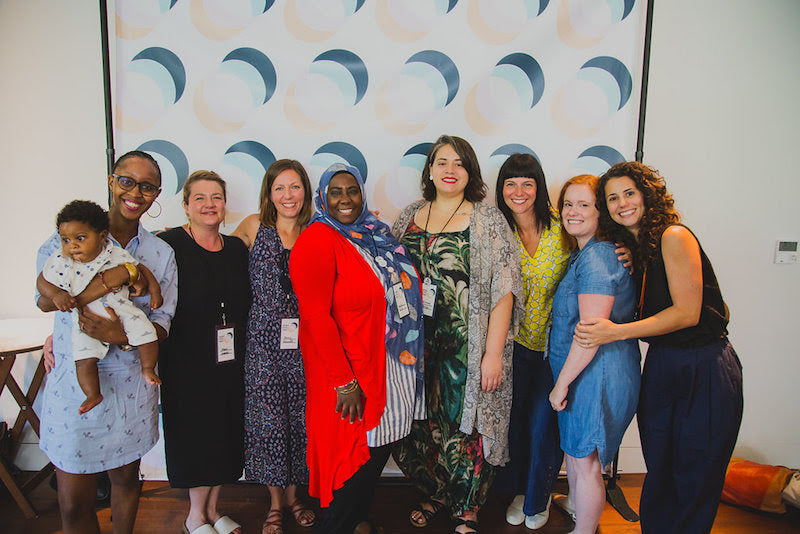Over the last few months, the DTI team has been reflecting on our processes and practice as doulas, birth workers, teachers and instructors. As a result, we’ve updated a number of our training manuals and learning materials to reflect our evolving approach to diversity and inclusivity within the birth world. Previously, we used the term “cultural competence” to describe the way we incorporate history and social justice in our trainings. Now, we’re using the term “cultural humility” and we’d like to share our thoughts on this language change and what it means for us. We encourage you think on what this change means for you, too.
Hear from our team about this shift:
“What I came to realize through discussion and reflection is that cultural competency is the very basic standard that all organizations should follow. It became apparent that going deeper is critical. Cultural humility gets much closer to the mark. It speaks to compassion and openness that is absolutely necessary in our field.” — Jenny Bennett, DTI Director of Online Programming
“Cultural Humility is an ongoing process that involves intrigue, curiosity and respect as one acknowledges that there will never be a time in which they are not learning about the other. And the pursuit of cultural knowledge, understanding and awareness is from an humble perspective and heart.Cultural competency had its place but it needed to evolve beyond a workplace conversation. It does not leave room for one to see their need for continuing education if ‘competency’ is achieved.” — Jessica Diggs, DTI educator
“I wholeheartedly support this change to our language. The term competency infers mastery. Humility doesn’t not require mastery but instead encourages developing respectful partnerships, which is much more in line with how we show up as birth workers.” — Malika Hook Muhammad, DTI educator
“As we move away from the term cultural competency and to humility, I want us to consider how we show up to our clients, how we stay curious to understand how their cultures, faiths and various orientations impact their birth and postpartum. The seeking of continued education allows us to stay open as we best support the families we serve.” — Simone Toomer, DTI educator
“Humility means that I don’t assume to know everything about a culture other than mine and that I always have more to learn. I can never fully understand the lived experiences of people from other cultures, but I can stay curious and open and continually reexamine the biases that I may hold and work in building better understanding. This is the work we all need to do within the framework of cultural humility.” — Taylor Davis, DTI educator
“Humility also leaves open room for examining my own levels of privilege and how that impacts my interactions with medical staff, clients, and other members of the birth world.” — Becky Alford, DTI Lead Educator

